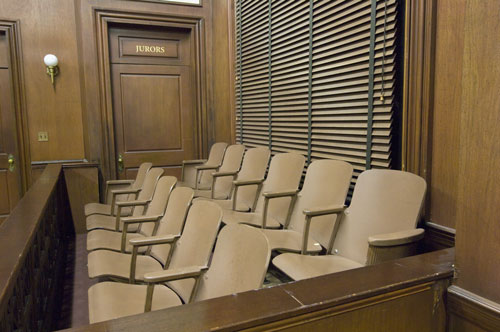On February 20, 2024, The United States Supreme Court denied a petition for a writ of certiorari in the case of Missouri Department of Corrections v. Jean Finney. Justice Alito added the following analysis to the denial.
I agree that we should not grant certiorari in this case, which is complicated by a state-law procedural issue. But I write because I am concerned that the lower court’s reasoning may spread and may be a foretaste of things to come. In this case, the court below reasoned that a person who still holds traditional religious views on questions of sexual morality is presumptively unfit to serve on a jury in a case involving a party who is a lesbian. That holding exemplifies the danger that I anticipated in Obergefell v. Hodges, 576 U. S. 644 (2015), namely, that Americans who do not hide their adherence to traditional religious beliefs about homosexual conduct will be “labeled as bigots and treated as such” by the government. Id., at 741 (dissenting opinion). The opinion of the Court in that case made it clear that the decision should not be used in that way, but I am afraid that this admonition is not being heeded by our society.
This case is about Missouri’s for-cause dismissal of two jurors based on their religious beliefs. Jean Finney sued her employer, the Missouri Department of Corrections, in state court under the Missouri Human Rights Act, which prohibits employment discrimination based on sex. See Mo. Rev. Stat. §213.055 (Cum. Supp. 2022). “Finney alleged that she is a lesbian who presents masculine” and that “she was improperly stereotyped and discriminated against based on sex.” App. to Pet. for Cert. 67a. At the beginning of voir dire, Finney’s attorney asked all the jurors what he characterized as “a tricky question,” namely, whether any of them “went to a conservative Christian church” where “it was taught that people who are homosexual shouldn’t have the same rights as everyone else” because “what they did” was “a sin.” Id., at 29a–30a. The question was indeed “tricky” because it conflated two separate issues: whether the prospective jurors believed that homosexual conduct is sinful and whether they believed that gays and lesbians should not enjoy the legal rights possessed by others.
Courts limit the number of questions that attorneys can pose to prospective jurors. That probably explains why the attorney combined several questions into one to ask as many questions as possible.

